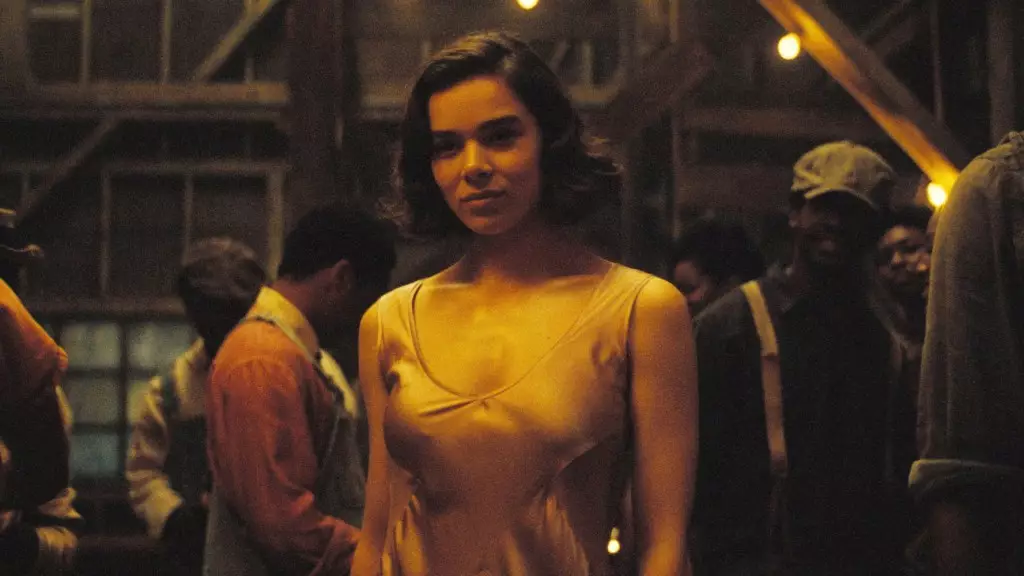In an era where representation is not merely desired but demanded, Hailee Steinfeld’s portrayal of Mary—a multi-racial vampire in Ryan Coogler’s forthcoming film, “Sinners”—is a moving testament to how horror can serve as a compelling mirror for personal and familial identity. Steinfeld, who draws on her own mixed-race heritage as part-Black and part-Filipino, finds herself entwined in a narrative that explores the complexity of identity against the backdrop of a supernatural thriller. This intersection of race and genre is significant, providing a chilling yet cathartic experience that resonates deeply with viewers.
Personal Narratives as a Driving Force
Steinfeld’s insights into her character reveal the profound connections she felt during the filming process. Rather than viewing her role as merely an artistic endeavor, she perceives it as an experience steeped in personal history—particularly her relationship with her grandfather. This kind of introspection is not uncommon in characters that grapple with lineage and identity, yet seeing it played out in a horror context resonates with audiences on a visceral level. The instinct to face one’s demons, be they literal or metaphorical, is an artistic triumph that Coogler aims to convey through his storytelling.
The Influence of Place and Sound
The film’s setting—1930s Mississippi—alongside the backdrop of blues music, is a critical element that simultaneously grounds and elevates the narrative. Coogler speaks to personal loss and familial connections as the catalysts for creating a story steeped in historical consciousness. By intertwining the personal mourning of his Uncle James with his exploration of the blues genre, he weaves a rich tapestry of nostalgia and sorrow that echoes through Steinfeld’s performance. This is not just horror; this is horror embedded in the cultural and musical fabric of African American history.
Transformative Artistry in Modern Cinema
“Sinners” comes at a time when the demand for culturally relevant narratives has reached a crescendo. The need for stories that resonate with the complexities of identity and heritage has never been more relevant, particularly for audiences yearning to see reflections of their own struggles on the big screen. Here lies the beauty of Steinfeld’s role—she doesn’t merely play a vampire; she embodies a figure that echoes the estrangement and healing present in her own life. This authenticity transcends the genre, making horror a suitable vessel for exploring much deeper psychological and social themes.
Through Steinfeld’s illuminating performance and Coogler’s introspective storytelling, what emerges is a narrative rich with historical references and emotional weight. “Sinners” promises not only to horrify but to haunt in a way that challenges perceptions of race, culture, and personal connections. Indeed, the undead may roam in this film, but it is the living realities of identity and loss that pulse at its heart, reminding us that true horror often lies in the unacknowledged ghosts of our past.

Leave a Reply